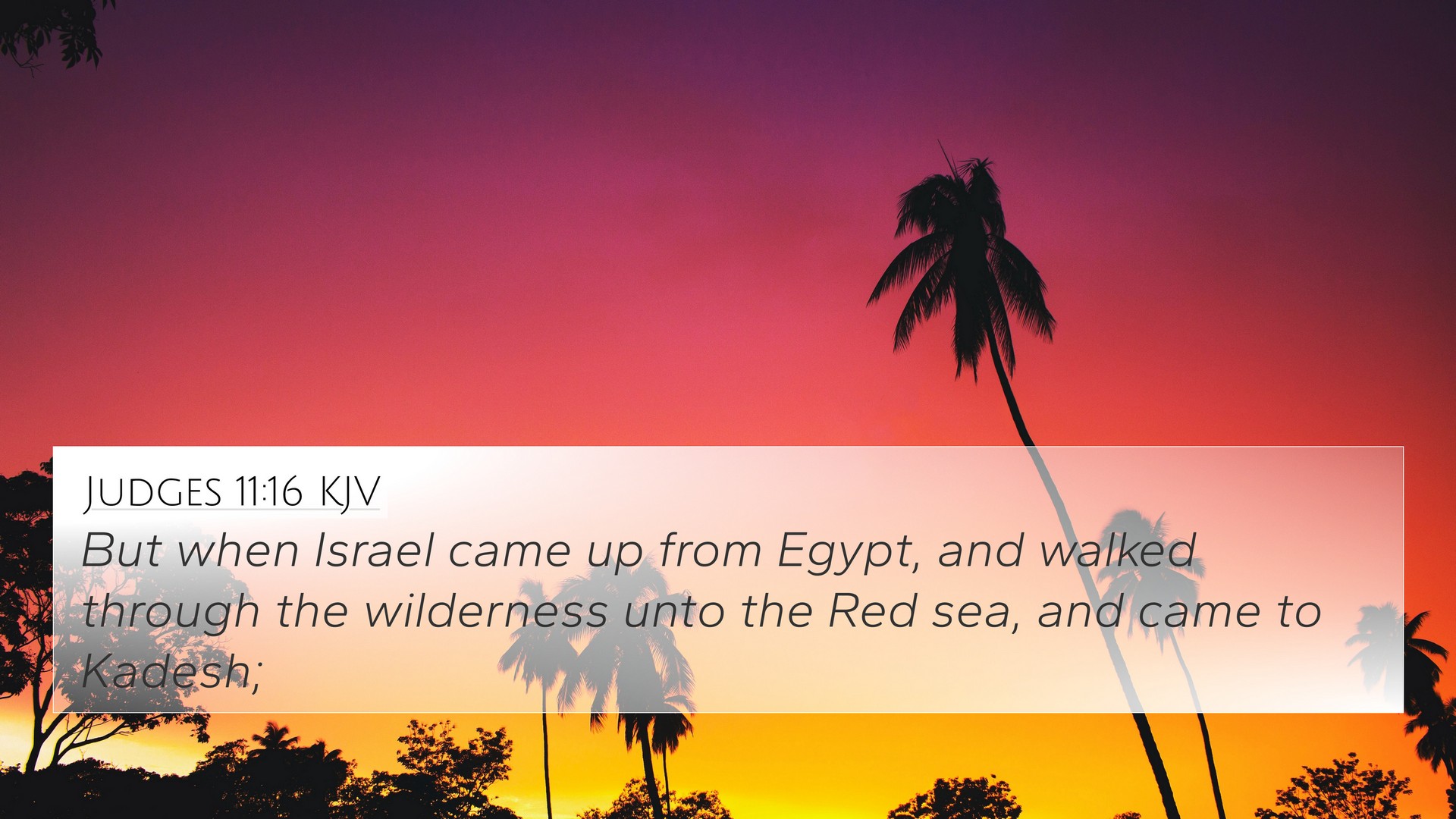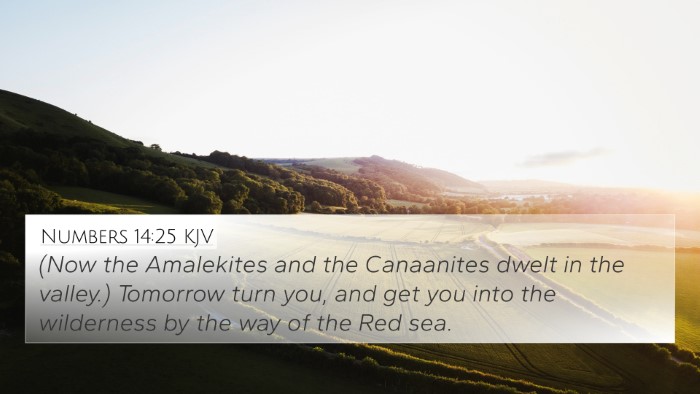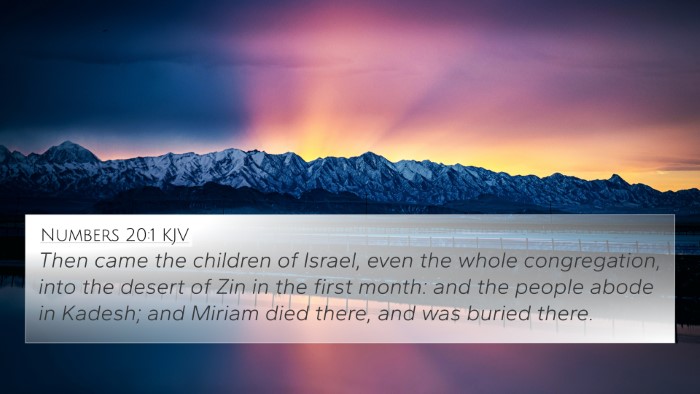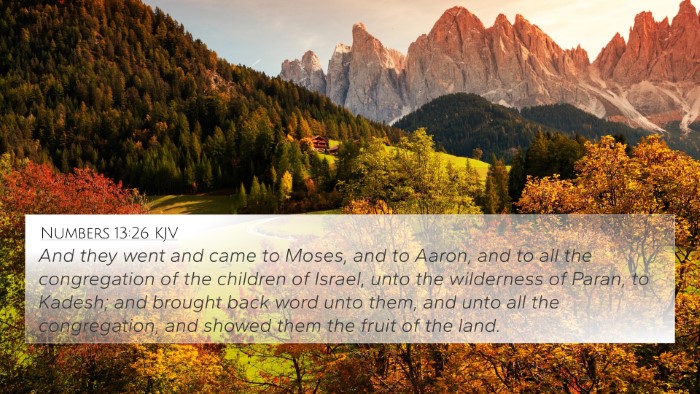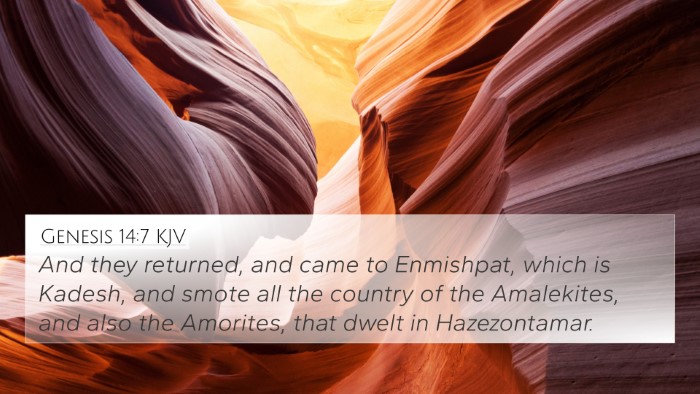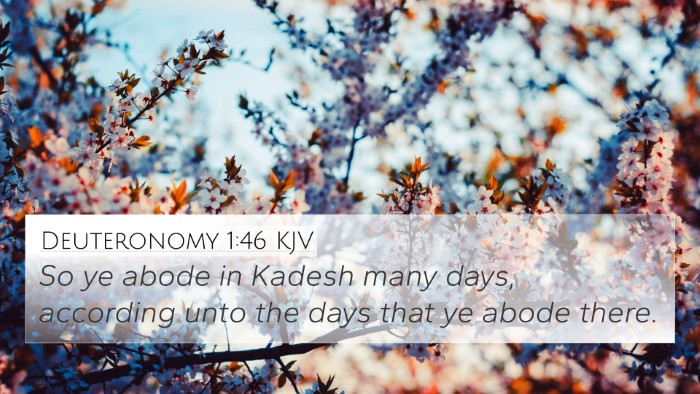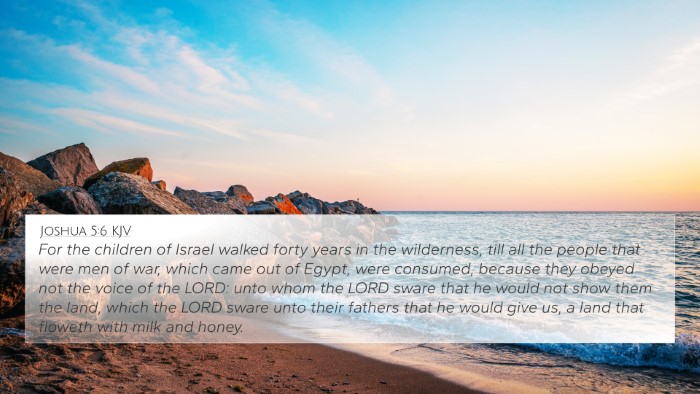Understanding Judges 11:16
Judges 11:16 states: "But when Israel came up from Egypt, and walked through the wilderness unto the Red Sea, and came to Kadesh." This verse provides a historical context, highlighting the journey of the Israelites from Egypt under God's guidance. This context can lead to profound theological insights when explored further.
Context and Significance
The significance of this verse lies in its placement within the narrative of Jephthah. Throughout the Book of Judges, we observe patterns of crisis and deliverance, with Israel repeatedly turning away from God and then crying out for help when they faced oppression. Jephthah, a judge raised up by God, finds himself in the midst of this recurring cycle.
Thematic Connections
This journey from Egypt to Kadesh underscores several themes:
- Divine Guidance: The Israelites' journey reflects God's providence and guidance, paralleling other scriptural accounts such as Exodus 13:21.
- Faith and Obedience: The experiences of the Israelites serve as a testament to their faith, reminiscent of Hebrews 11:29 that states, "By faith they passed through the Red Sea as by dry land."
- God’s Promise: The reference to their history highlights the importance of the covenant God made with His people, which is further discussed in Genesis 15:13-14.
Cross-References for Judges 11:16
Here are some key Bible verses that relate and provide further context to Judges 11:16:
- Exodus 12:51: "And it came to pass the selfsame day, that the LORD did bring the children of Israel out of the land of Egypt by their armies."
- Numbers 20:16: "And when we cried unto the LORD, he heard our voice, and sent an angel, and hath brought us forth out of Egypt."
- Deuteronomy 1:19: "And when we had departed from Horeb, we went through all that great and terrible wilderness, which ye saw by the way of the mountain of the Amorites."
- Joshua 24:17: "...for the LORD our God, he it is that brought us up and our fathers out of the land of Egypt."
- Psalms 78:52: "But made his own people to go forth like sheep, and guided them in the wilderness like a flock."
- Psalms 106:7: "Our fathers understood not thy wonders in Egypt; they remembered not the multitude of thy mercies."
- Hebrews 3:8: "Harden not your hearts, as in the provocation, in the day of temptation in the wilderness."
Insights from Commentaries
Various public domain commentaries provide insights into this verse:
- Matthew Henry: He emphasizes God's faithfulness in leading His people, even when they strayed. He notes that God's deliverance begins long before significant events, illustrating His everlasting commitment to His people.
- Albert Barnes: Barnes highlights the Israelites' forgetfulness of God's works and His mercy. He points out the need for continual remembrance of God's guidance and deliverance throughout their journey.
- Adam Clarke: Clarke discusses the geographical significance of Kadesh and its importance as a halting point, symbolizing both the trials and preparations of God's people as they awaited entry into the Promised Land.
Comparative Analysis
When conducting a comparative Bible verse analysis, one can find that Judges 11:16 and its corresponding narratives in Exodus provide a parallel that showcases growth through adversity. This passage's thematic essence connects toward understanding redemption and divine intervention.
Tools for Cross-Referencing
Effective study of Judges 11:16 can be further augmented using tools such as:
- Bible Concordance: This resource allows you to look up keywords and find related verses.
- Bible Cross-Reference Guide: Utilize guides that highlight relationships between scriptures.
- Bible Chain References: These references create connections along thematic lines, enabling a cohesive study.
- Comprehensive Bible Cross-Reference Materials: Engaging with extensive resources can illuminate deeper insights and connections.
Conclusion
Judges 11:16 serves as a foundational verse that captures the essence of Israel's journey and God's faithfulness. By exploring cross-references and theological implications from this passage, readers can deepen their understanding of Biblical narratives and the interconnectedness of scriptural themes.
